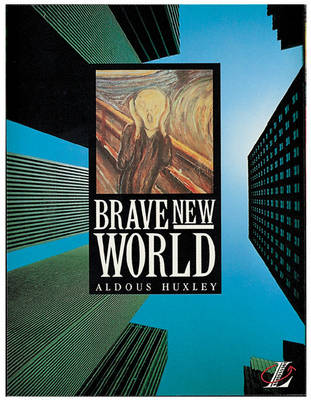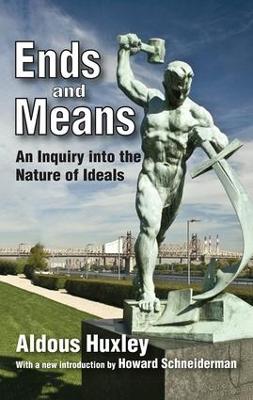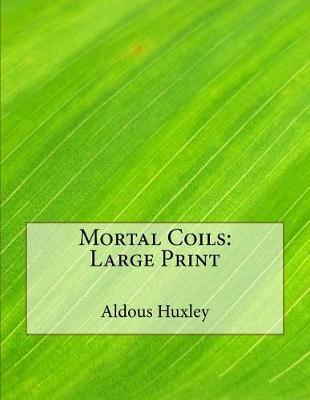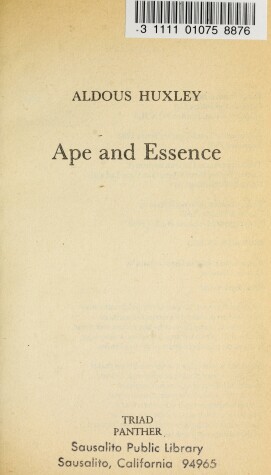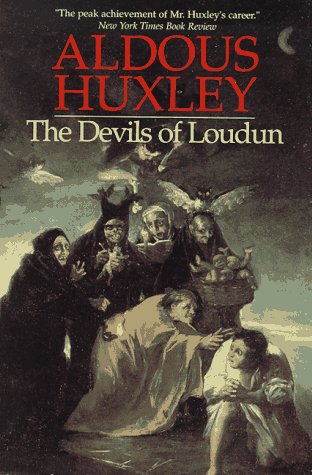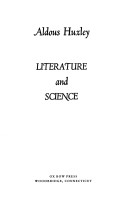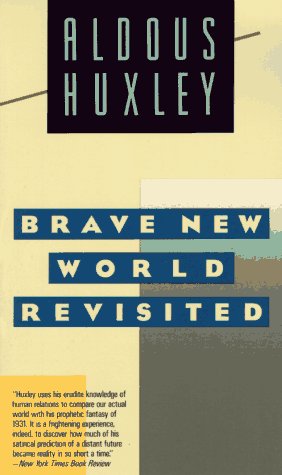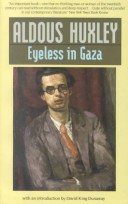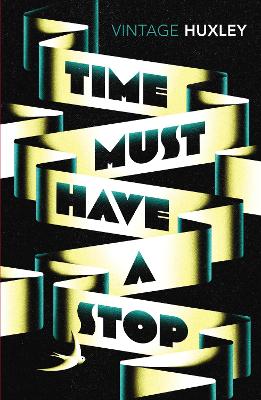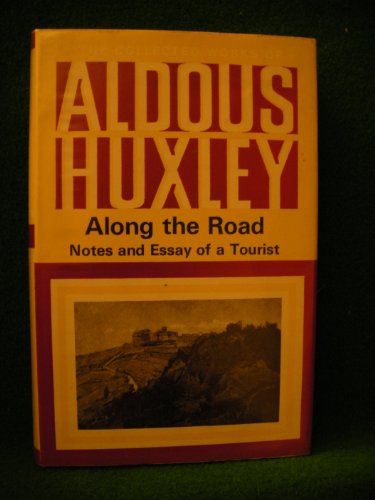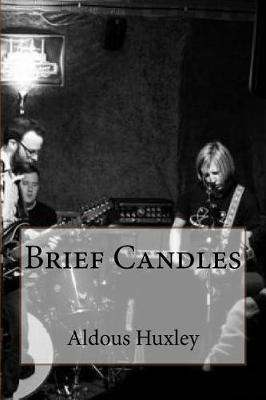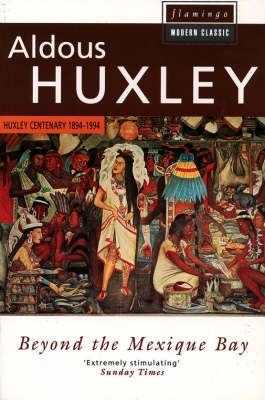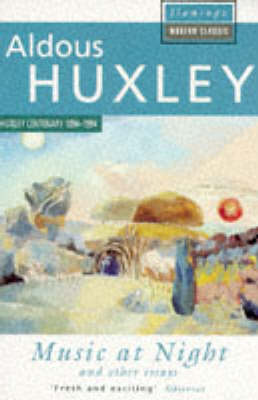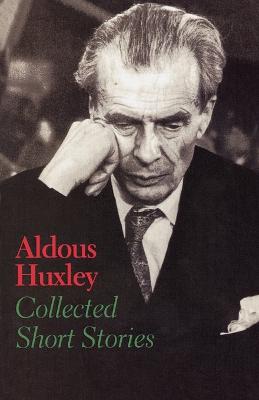The collected works of Aldous Huxley
24 total works
For over a hundred years the Pacific island of Pala has been the scene of a unique experiment in civilisation. Its inhabitants live in a society where western science has been brought together with Eastern philosophy to create a paradise on earth. When cynical journalist, Will Farnaby, arrives to research potential oil reserves on Pala, he quickly falls in love with the way of life on the island. Soon the need to complete his mission becomes an intolerable burden and he must make a difficult choice.
In counterpoint to Brave New World and Ape and Essence, in Island Huxley gives us his vision of utopia.
WITH A BIOGRAPHICAL INTRODUCTION BY DAVID BRADSHAW
Contemporary intellectuals still struggle over the relationship of ends to means, especially in political discourse. Pacifism is still an important topic today, as terrorism and dictatorial states abound. Many will find solace in Ends and Means, while others will find the book only a case study of the relationship of ethics to politics.
Aldous Huxley examines common issues in a unique fashion. How can the regression in charity through which we are living, and for which each one of us is in some measure responsible, be halted and reversed? How can existing society be transformed into the ideal society described by the prophets? How can the average sensual man and the exceptional (and more dangerous) ambitious man be transformed into a non-attached being, one who can create a society significantly better than our own?
Huxley discusses the relationship between the theories and the practices of reformers and the nature of the universe. He argues that our beliefs about the ultimate nature of reality help us formulate conceptions of right and wrong, not only in our private life, but also in the sphere of politics and economics. Far from being irrelevant, our philosophical beliefs are the final determining factor in our actions. This provocative classic volume, now available in paperback, will continue to stimulate discussion and thought.
WITH AN INTRODUCTION BY DAVID BRADSHAW
Anthony Beavis is a man inclined to recoil from life. His past is haunted by the death of his best friend Brian and by his entanglement with the cynical and manipulative Mary Amberley. Realising that his determined detachment from the world has been motivated not by intellectual honesty but by moral cowardice, Anthony attempts to find a new way to live. Eyeless in Gaza is considered by many to be Huxley's definitive work of fiction.
